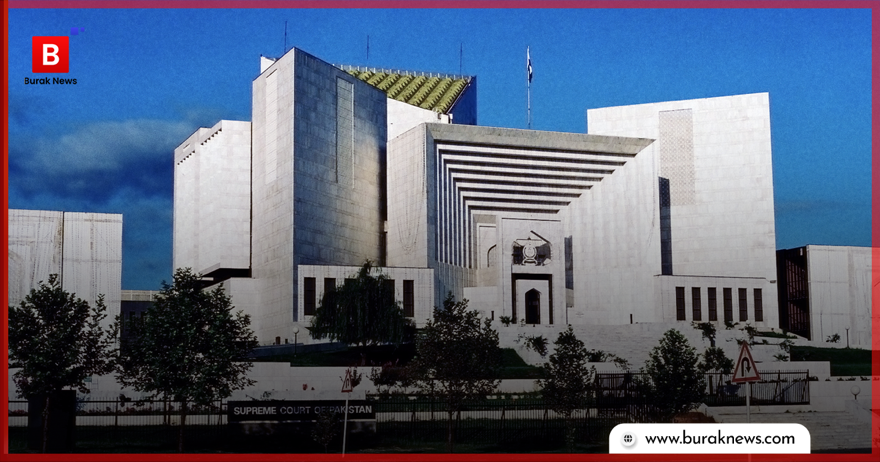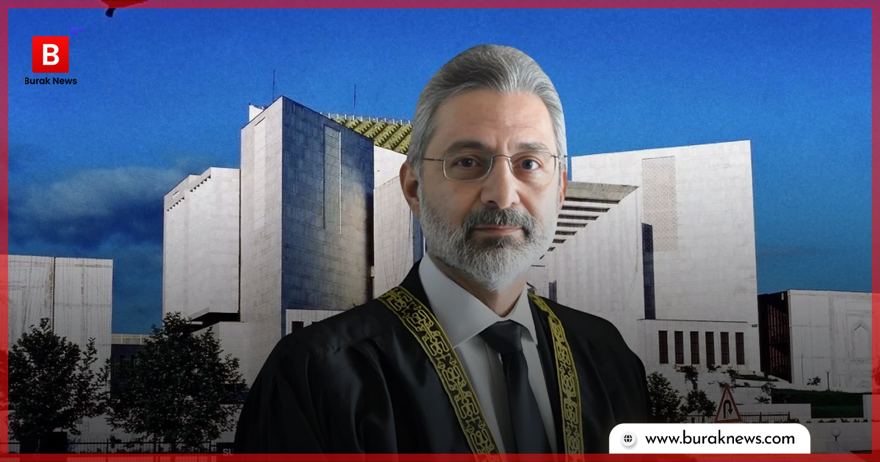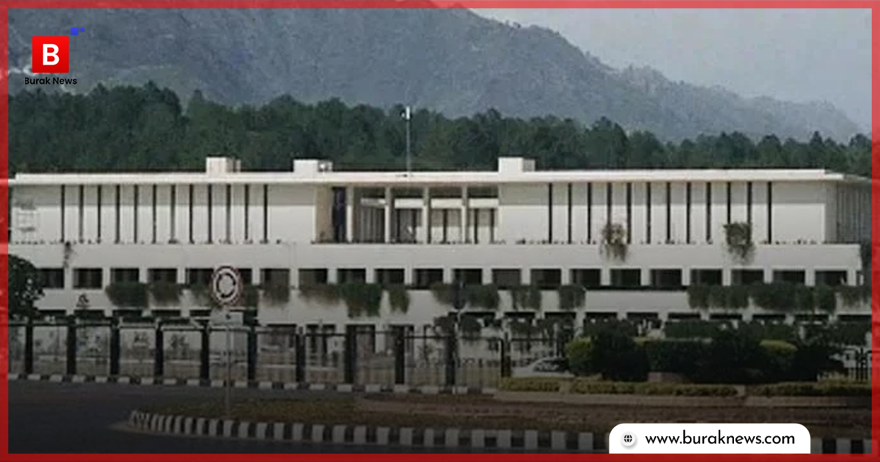Imran Khan writes to UN over constitutional amendments ‘threatening judicial freedom’

As the ruling coalition government works to gather the necessary support for its proposed constitutional amendments, Imran Khan, the founder of Pakistan Tehreek-e-Insaf (PTI), has alerted the United Nations that these potential changes could jeopardize judicial independence and human rights in Pakistan, according to The News.
Khan has submitted an urgent appeal to the UN Special Rapporteur on the Independence of Judges and Lawyers, Margaret Satterthwaite, with the assistance of his legal team, including Edward Fitzgerald KC, Tatyana Eatwell, and Jennifer Robinson. This team was engaged by Khan’s family for international advocacy.
Khan has submitted an urgent appeal to the UN Special Rapporteur on the Independence of Judges and Lawyers, Margaret Satterthwaite, with the assistance of his legal team, including Edward Fitzgerald KC, Tatyana Eatwell, and Jennifer Robinson. This team was engaged by Khan’s family for international advocacy.
This is not Khan’s first attempt to involve international organizations in domestic political matters; he has previously contacted the International Monetary Fund (IMF) to request an audit of the February 8 elections, which were plagued by allegations of rigging, before any new loans were approved for Pakistan. This action drew criticism from the current government, which accused him of jeopardizing the nation’s economic stability for political gain.
The constitutional amendments under consideration include, among other things, an extension of judges’ retirement age and the establishment of a constitutional court. The constitutional package, initially introduced last month, was postposed as the government could not secure the required two-thirds majority in Senate and National Assembly.
Expressing grave concerns about the potential constitutional amendment, Khan in his letter stated that it poses a significant threat to the rule of law and the protection of fundamental rights. He urged the UN special rapporteur to send an urgent communication to Islamabad regarding these issues.
Khan’s appeal highlights several critical allegations about the proposed amendments:
The transfer of jurisdiction from the Supreme Court to a new Federal Constitutional Court, particularly concerning fundamental rights enforcement and constitutional interpretation.
The establishment of a process for selecting the chief justice of this new court by a National Assembly committee that would meet privately, raising serious concerns about political interference in judicial appointments and undermining judicial independence and transparency.
If enacted, these amendments would greatly limit Khan’s ability to contest the legal cases against him, including the government’s reported plans to try him in a military court, further compromising judicial independence, the separation of powers, and the protection of civil liberties.
This letter seems Khan’s attempt to block the constitutional package, especially as President Asif Ali Zardari and Pakistan Muslim League-Nawaz (PML-N) leader Nawaz Sharif have recently met with Jamiat Ulema-e-Islam-Fazl (JUI-F) chief Maulana Fazlur Rehman to gain his support for the legislation. Reports indicate that the ruling coalition is currently short of 13 votes in the National Assembly and nine in the Senate. Following these discussions, PML-N Senator Irfan Siddiqui mentioned that the government had adjusted the amendments to align with Fazl’s requirements.




